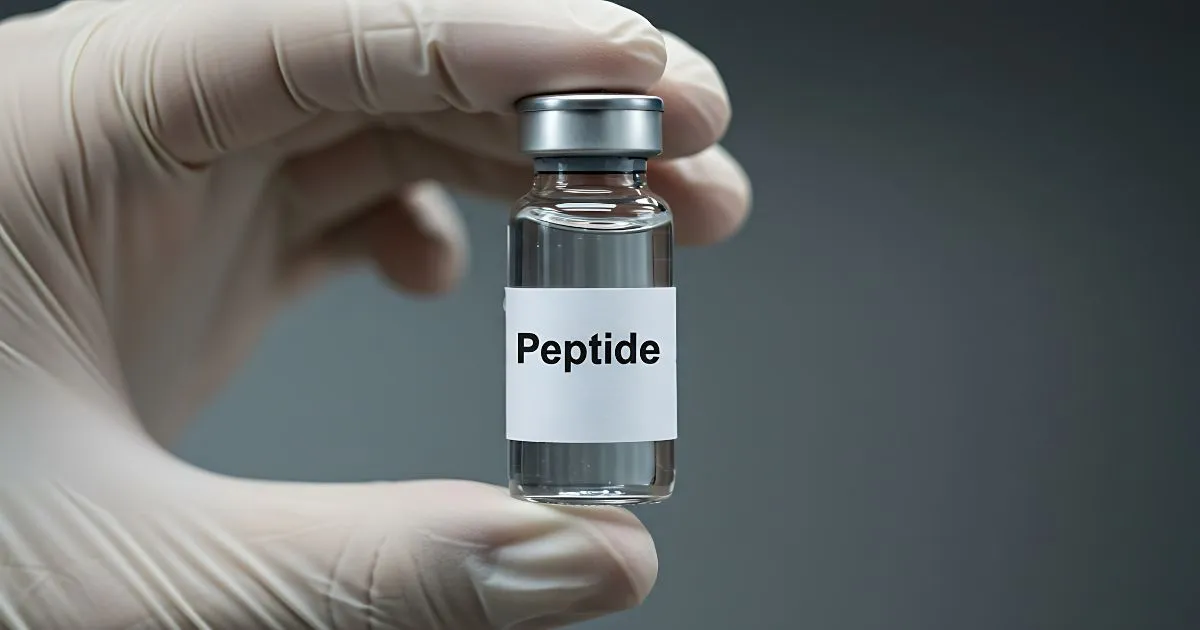Table of Contents
If you’ve ever felt sluggish, bloated, or drained for no apparent reason, you’re not alone. Many people wonder if toxins from food, stress, or the environment might be holding them back. At the same time, there’s confusion. Is detox just a trendy buzzword, or does it have a factual basis in science? The truth is that metabolic detoxification is a natural, ongoing process that your body relies on every single day.
Understanding how detoxification pathways work can help you connect the dots between fatigue, stubborn weight, digestive issues, or low energy, and what your body may be processing behind the scenes. This is especially important for individuals seeking to improve their metabolism, support weight loss, or establish healthier routines.
Whether you’re a wellness enthusiast, someone who’s frustrated by slow progress in weight management, or a professional helping others build nutrition plans, knowing how the body’s detox systems work can be a game-changer. And if you’re local, you’ll find specialized support for metabolic detoxification through programs like those at Youth Fully Pure.
Let’s break it down simply, without the hype, just the science and practical steps you can take to support your body.
What is Metabolic Detoxification?
At its core, metabolic detoxification is the body’s natural process for eliminating toxins and other unwanted substances. Every day, your system encounters toxins compounds from processed foods, alcohol, medications, pollutants, and even byproducts of normal cellular activity. If these toxins build up, they can stress the body and contribute to fatigue, weight fluctuations, or digestive discomfort.
To manage this, your liver, kidneys, skin, lungs, and digestive system work together in a complex system to eliminate toxins. Think of it as an ongoing cleaning service that ensures cells stay functional and energy levels remain stable.
Here’s the big takeaway: detoxification isn’t something your body only does during a cleanse or special diet. It’s happening 24/7 through cellular detoxification processes that keep you alive and functioning. What you eat and how you live either support or slow this process.
The Key Detoxification Pathways
So how does it actually happen? Detoxification isn’t a simple one-time “flush.” It’s a set of carefully coordinated steps known as detoxification pathways. These pathways happen in three phases:
Phase I: Transformation
The first step happens mainly in the liver. Here, toxins are chemically altered. Enzymes work to convert fat-soluble compounds into more manageable forms. But there’s a catch: these intermediate compounds can sometimes be more reactive and harmful than the original toxins. That’s why the following phases are critical.
Phase II: Conjugation
In this phase, the body neutralizes those reactive intermediates. Molecules such as glutathione, amino acids, or sulfur compounds bind to toxins, making them water-soluble. This is where your diet plays a significant role, as nutrients provide the raw materials necessary for this step.
Phase III: Elimination
Finally, toxins are excreted. Your body pushes them out through urine, sweat, stool, and sometimes breath. This is where hydration, digestion, and circulation all play a role.
Together, these three phases explain why detox isn’t about quick fixes but about supporting long-term cellular detoxification.
Why These Pathways Matter
When your detox pathways are running smoothly, you’re more likely to feel energized, think clearly, and maintain a healthy metabolism. But when they’re overloaded or under-supported, you might notice:
- Sluggish digestion
- Low energy levels
- Difficulty losing weight
- Frequent headaches or brain fog
- A general sense of imbalance
For many people, a healthy detox system also plays a role in weight management. While the term “detox for weight loss” is often misused in marketing, there is a scientific basis for it. Toxins stored in fat cells can interfere with metabolism and hormone regulation. By supporting efficient toxin elimination, you give your body a better chance at maintaining weight more naturally.
For health professionals, nutritionists, coaches, or functional medicine practitioners, explaining these pathways is a way to guide clients toward evidence-based choices instead of fads.
Nutrition and Lifestyle That Support Detox
If detox happens naturally, how do you help it along? The answer is not about extreme cleanses or skipping meals. It’s about fueling your body with the proper nutrients and building habits that keep the pathways flowing.
A well-designed detox nutrition plan focuses on:
- High-fiber foods: whole grains, beans, flax, and vegetables that help bind toxins in the gut and promote elimination.
- Cruciferous vegetables, such as broccoli, cauliflower, and Brussels sprouts, contain compounds that enhance detoxification enzymes in Phase I and Phase II.
- Hydration: water supports kidney function and helps flush water-soluble toxins.
- Protein sources, such as lean meats, legumes, and nuts, provide the amino acids needed for conjugation in Phase II.
- Antioxidant-rich foods, such as berries, leafy greens, and herbs, protect cells from damage caused by reactive toxins.
Lifestyle also matters. Regular exercise increases circulation and sweating. Adequate sleep gives your liver time to reset. Stress management reduces the release of cortisol, which can otherwise interfere with metabolic processes.
In short, a detox nutrition plan isn’t about deprivation; it’s about nourishment.
Local Perspective
For those living in South Florida, access to structured programs for metabolic detoxification in Boynton Beach, FL, can make a difference. While anyone can eat more vegetables and stay hydrated, having professional guidance ensures you’re addressing your unique needs, whether it’s stubborn weight, digestive health issues, or low energy.
At clinics like Youth Fully Pure, our expert team provides personalized strategies that may include nutrition coaching, supplement support, and lifestyle adjustments. This is especially helpful for people who’ve tried fad cleanses before and ended up more frustrated than energized. With a science-based approach, you focus on real detoxification pathways, not gimmicks.
Putting It All Together
Understanding the science behind metabolic detoxification helps cut through the confusion. Detox isn’t about trendy juice cleanses; it’s about how your liver, kidneys, and cells constantly transform, neutralize, and eliminate toxins. By supporting these natural detoxification pathways with smart nutrition, hydration, and healthy habits, you can enhance digestion, boost energy, and even improve metabolism.
If you’re looking for structured support, especially if you’re local, programs for metabolic detoxification are available to help you feel your best.
Start your metabolic detox journey today – book your consultation.
Contact Youth Fully Pure to learn more, and you’ll find guidance grounded in science, designed to match your health goals without the fads.







